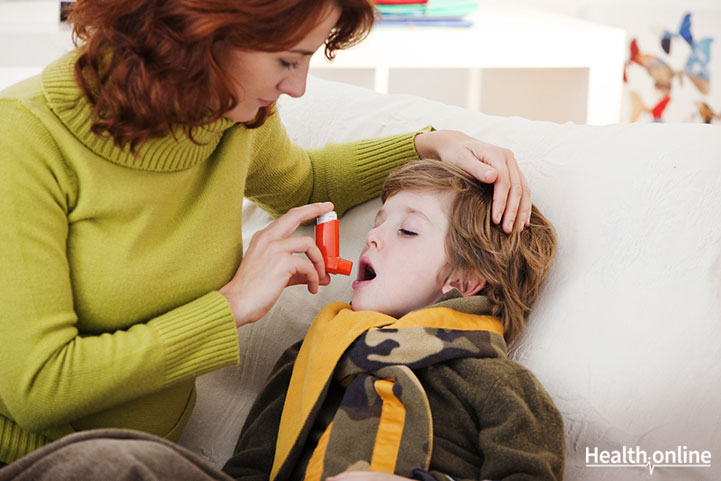
How to Help Your Child Cope with Asthma
It is difficult to manage children suffering from asthma attacks. But you can teach your children to cope up with asthma problems. Most asthma symptoms can be controlled through asthma medications, as flare-ups in most cases are rare.
Recommended Read: Learning to Live with Asthma
Read on for some tips that parents can follow to help their children deal with asthma.
Have a plan and stick to it
If your child has asthma, make sure you take the necessary precautions. If it is a severe asthma issue, you must get instructions from a doctor or healthcare professional. You must know your child’s asthma pattern, as it might help with avoiding triggers and responding to flare-ups through the use of asthma controller medications. When you understand your child’s asthma patterns and follow a plan, it is easier to take care of your child and call a doctor when required.
Take asthma medications as prescribed
Children suffering from asthma might have medicines on a daily basis. Parents must learn about the common asthma medications and their mechanism, as most of these drugs help to reduce inflammation in the airways that carry oxygen to your lungs. When your children are taking such medications, it will help them during emergencies.
Identify and avoid triggers
Triggers are allergens , which aggravate asthma problems such as a change in weather, pollen, grains, viral infections, etc. Make sure you are aware of the allergens that aggravate your child’s asthma and make it worse. A doctor can tell you all you need to know.
Make sure your child gets a yearly flu vaccine
When children have asthma, it is highly recommended to take flu vaccines and asthma medications. If kids are prone to get flu, there is a higher chance of them going through a critical condition, as they are sensitive to allergens. Therefore you must make sure that your kids get their vaccinations regularly. Also be sure to be well-versed with their asthma medication chart.
Recommended Read: Vaccines for Children
Use tools when necessary
Make use of a diary or peak flow meter to predict asthma flare-ups. In this way, you can track the symptoms whenever they occur. Maintaining a journal will allow you to learn about the early warning signs, which you can discuss with your pediatrician. Peak flow meters can help you in measuring how far your child can blow air out from their lungs. These readings can even help in indicating blocked airways that carry oxygen to the lungs.
Know the signs of a flare-up
Make a note of the asthma symptoms in kids and figure out the season in which asthma occurs most often. Early warning signs can help you detect the flare-ups, like coughing and wheezing. Kids can have mood changes as well. You must constantly check your child’s breathing patterns, which will help you take prior precaution before it turns into a crisis.
Know what to do about a severe flare-up
Have a discussion with your medical practitioner regarding the immediate responses if your child suffers from a severe asthma attack suddenly. When your child is suffering from an attack, keep all the medical care numbers or be prepared to visit a hospital. Make sure you carry quick-relief asthma medicines with you always.
As parents, you must avoid critical situations and make sure you are up to date with the doctor, for your child’s asthma problem. You can also teach your child about some important asthma medications like nebulizers or any other dosage necessary , in case you aren’t present around them when they face asthma symptoms.
Keep yourself updated with the latest on Parenting . Like us on Facebook and follow us on Twitter for more on Health and Family Planning & Pregnancy . Also, check out our Health Tools and try out our health-related Quizzes .




